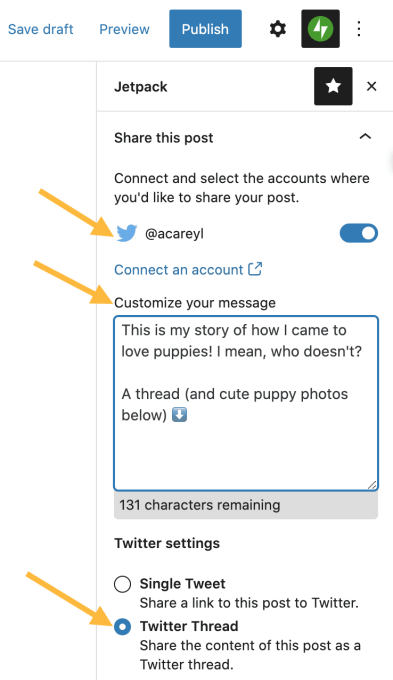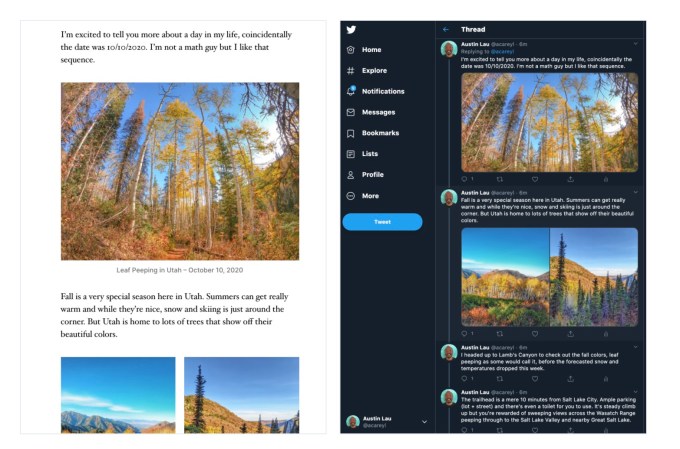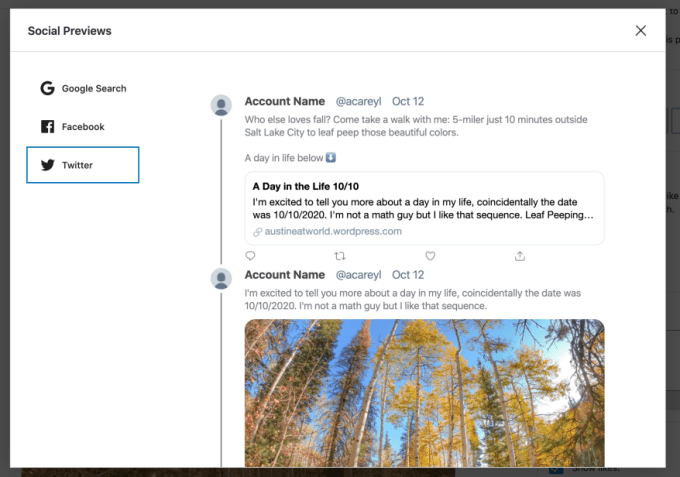- October 13, 2020
- by:
- in: Blog
With the UK’s Black Tech Fest on this week it’s timely that a new executive education course aimed at those wanting to enter the venture capital industry has been launched to serve previously under-represented groups, especially women, Black, Asian and other minorities. London Business School and LocalGlobe, one of Europe’s leading seed investors, worked together
With the UK’s Black Tech Fest on this week it’s timely that a new executive education course aimed at those wanting to enter the venture capital industry has been launched to serve previously under-represented groups, especially women, Black, Asian and other minorities.
London Business School and LocalGlobe, one of Europe’s leading seed investors, worked together to created two new programs to provide formal business education for roles across the VC world. The Newton Venture Program courses will cover the full spectrum of investment roles in the venture ecosystem, from VC investors to Limited Partners, angel investors, accelerators, and tech transfer officers. The aim of the programs is to upskill the venture capital sector while broadening the routes through which people can join the industry.
The courses will aim for a gender split of 50/50, with at least 50% coming from Black, Asian or other minorities. backgrounds, and will be available to anyone just starting out or mid-career professionals.
There will be two cohorts a year, of up to 60 students, with the first online program set to start in April 2021. The first on-campus cohort will start in October 2021. Applicants are welcome to apply from anywhere around the world; the majority are expected to be from the UK, the EU, Africa and Israel.
An online-only program will cost £2,050 or £16,000 for the in-person, on-campus program at London Business School, which is aimed at mid-career professionals. Scholarships of up to 100% will be available for both programs.
The initiative is backed by a grant from Research England, a part of UKRI, and the Newton program will be looking for other institutions or VC firms to under-write the course. LocalGlobe and Phoenix Court Works are committed to sponsoring 20 digital scholarships.
The program will give cohorts direct access to experts from top-performing global VC firms such as a16z, Benchmark, USV, and others and experienced entrepreneurs and their founding teams. Leading academic authorities on the VC industry – including, for example, Luisa Alemany, Julian Birkinshaw, Gary Dushnitsky and Florin Vasvari — will teach key concepts, lead case-study discussions, and share their latest research insights with participants.
Practicing investors and ecosystem experts will mentor the cohorts on subjects including how to source and win deals, venture financial and legal, fund management, and how to support portfolio companies. Students will also be able to take part in industry roundtables, local city meetups and become part of the Newton Alumni network.
The on-campus program, with opening and closing weeks at London Business School, is aimed at those with five to 15 years of overall work experience. It will include participants who are already investors as well as those with strong operational backgrounds looking to become investors. The syllabus will include time spent at sponsoring VC firms, experience with top-tier venture capital investors and limited partners, work with tech transfer offices, accelerator offices and other partners and sponsors. Each participant will benefit from one-to-one mentoring and complete deep-dive modules covering specific industries and technologies, from fintech to AI.
According to Atomico’s respected State of European Tech report, just 0.9% of founders in Europe are Black. Nor does the wider IT sector look much better. The Chartered Institute for IT records in 2019 that there were 268,000 Black, Asian and other minority ethnic (BAME) IT specialists in the UK, accounting for 18% of IT workers, a number that has increased by two percent over the past five years from 16% in 2015).
According to Diversity.VC in 2019, just 30% of those working in venture capital were women. The British Business Bank found in its 2019 report, UK VC Female Founders, that less than 1p of every £1 of venture capital invested in the UK went to all-female founding teams.
Lisa Shu, Executive Director, Newton Venture Program (pictured) said in a statement: “To find the next generation of world-leading tech businesses, investors need to be more representative of our society…The Newton Venture Program is a chance to train the next generation of investment professionals and open up venture capital investing to a wider, more representative range of voices and experiences.”
Minister for Digital and Culture, Caroline Dinenage MP said: “Investors play a vital part in the tech sector with their financial backing and guidance helping entrepreneurs turn their business dreams into reality. The sector needs to reflect society, not just because it is the right thing to do but because it makes good business sense, so this new course is a welcome step to boost diversity and help create more opportunities for founders from all walks of life to succeed.”









